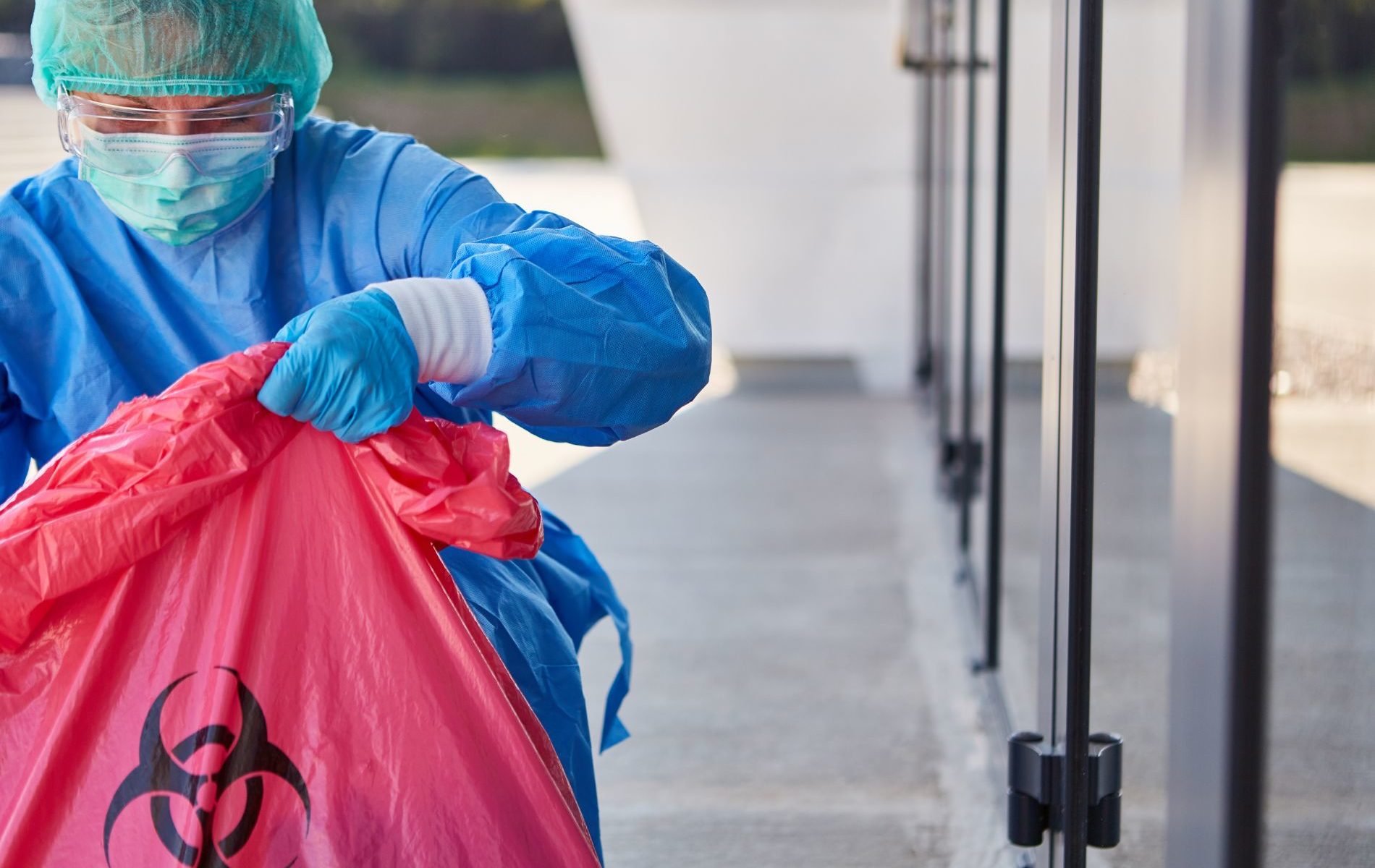Not known Factual Statements About Reclaim Waste
Wiki Article
Not known Facts About Reclaim Waste
Table of ContentsThings about Reclaim WasteThe Main Principles Of Reclaim Waste The 3-Minute Rule for Reclaim WasteA Biased View of Reclaim WasteLittle Known Questions About Reclaim Waste.
Check out the kinds, occurrences, and types of fluid waste. Domestic sewage waste refers to the waste and products from a property septic container. This sort of waste is produced by people in houses, institutions, and various other structures. This only includes septic storage tanks that have a drainpipe area. The proper administration and disposal of residential sewer waste require fluid waste to be moved to a sewer treatment plant where the appropriate methods and tools are related to detoxify and deal with waste.
Business waste often consists of prospective hazards, such as combustible products or a mix of fluid and strong waste items, and calls for a more innovative and comprehensive disposal procedure. The disposal of commercial waste commonly entails the filtering of waste before transport to ensure safe and appropriate disposal. Industrial waste is created from byproducts and drainage of industrial procedures and manufacturing.
This sort of waste can not use the exact same sewer administration transport or procedures as septic or commercial fluids. The hazardous waste management process needs the inspection and testing of liquid waste prior to it undergoes the disposal process (liquid waste removal melbourne). Overflow waste is the fluid waste that originates from runoff and excess stormwater in highly booming locations or cities
Drainage waste can trigger contamination and flooding if not dealt with properly. Ensuring correct waste monitoring can stop calamities and lower environmental damage.
The Best Strategy To Use For Reclaim Waste
Get in touch with PROS Providers today to learn more about our waste administration and disposal solutions and the proper means to care for the fluid waste you generate.(https://www.metal-archives.com/users/reclaimwaste1)Do you know what takes place to your water when you draw the plug, purge the commode or drain the washing device? No? Well, it's worth knowing. This so-called 'wastewater' is not just a vital source but, after therapy, will be launched to our land, waterways or the sea. Utilized water from commodes, showers, baths, cooking area sinks, laundries and commercial procedures is recognized as wastewater.

water made use of to cool equipment or tidy plant and equipment). Stormwater, a kind of wastewater, is runoff that streams from farming and metropolitan locations such as roofs, parks, yards, roads, paths and rain gutters right into stormwater drains, after rainfall. Stormwater moves without treatment straight to local creeks or rivers, ultimately getting to the ocean.
The Main Principles Of Reclaim Waste
In Queensland, many wastewater is dealt with at sewer treatment plants. Wastewater is moved from domestic or commercial websites with a system of sewers and pump terminals, called sewage reticulation, to a sewer therapy plant. Regional governments develop, preserve and run most sewer therapy plants. Operators are accredited under the Environmental Management Act 1994 to release treated wastewater at an appropriate ecological standard into rivers.The Department of Natural Resources encourages city governments about handling, operating and preserving sewerage systems and therapy plants. In unsewered locations, regional governments may call for owners to set up individual or household sewer therapy systems to treat domestic wastewater from commodes, kitchen areas, shower rooms and laundries. The Division of Natural Resources authorises using house systems click this when they are verified to be efficient.
Most stormwater obtains no therapy. In some new communities, therapy of some stormwater to remove clutter, sand and gravel has started making use of gross toxin catches. Wastewater treatment takes place in four phases: Eliminates solid issue. Bigger solids, such as plastics and various other objects mistakenly discharged to sewage systems, are removed when wastewater is travelled through displays.
Wastewater then streams right into big containers where solids settle and are eliminated as sludge. Oil and scum are skimmed from the surface area. Uses small living microorganisms knows as micro-organisms to damage down and get rid of remaining dissolved wastes and great particles. Micro-organisms and wastes are integrated in the sludge. Gets rid of nitrogen and phosphorus nutrients that could cause algal flowers in our rivers and threaten water life.
The Best Strategy To Use For Reclaim Waste
Nutrient elimination is not offered whatsoever sewage treatment plants because it requires expensive specialised tools. It is becoming more common in Queensland. Clear fluid effluent generated after therapy might still have disease-causing micro-organisms. If this effluent is released right into rivers such as rivers or the sea, the micro-organisms will at some point pass away out.
Many wastewater flows right into the sewerage system. Under the Act, regional federal governments carry out authorizations and permits for environmentally pertinent activities (Periods) involving wastewater launches that might have a neighborhood impact.
Not known Details About Reclaim Waste
Or else, samples are taken for research laboratory evaluation. Typically several tests are needed to establish the degrees of each of the various toxins such as oils, hefty steels and pesticides in water. Tracking supplies accurate details concerning water high quality and can verify that permit conditions are being satisfied. The details obtained with tracking supplies the basis for making water high quality decisions.Report this wiki page